On July 12, Beijing City University held the Forum on Discipline Development for Application-Oriented Higher Education Institutions in the New Era at its Shunyi Campus. Themed "Application-Driven, Interdisciplinary Integration, and Innovation-Centered," the forum featured an opening ceremony, a plenary session, and five concurrent sub-forums.
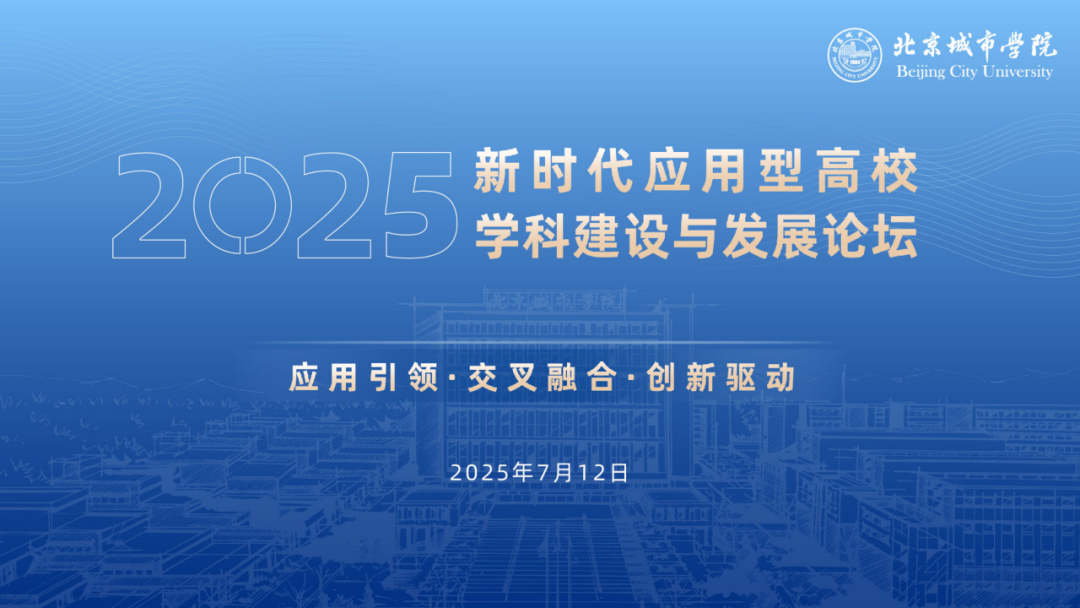
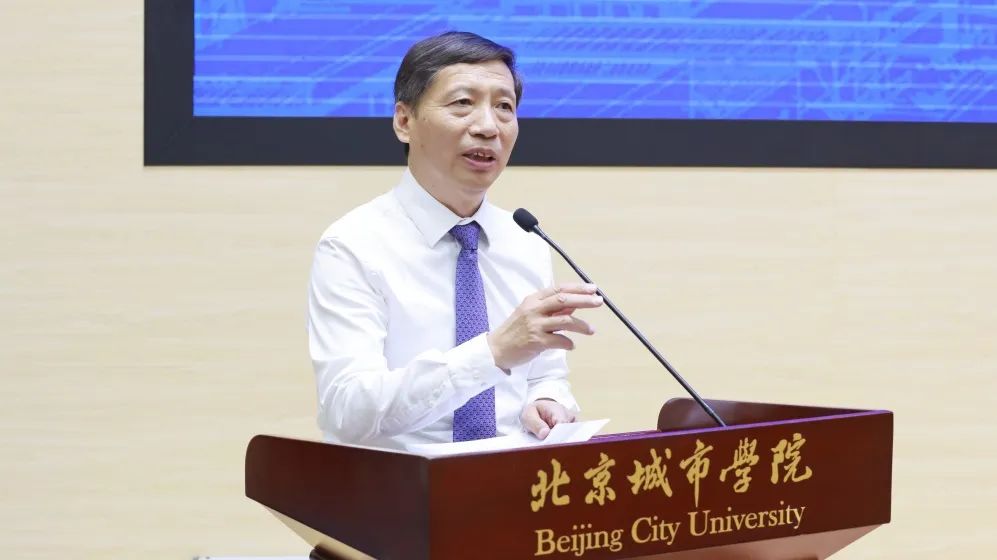
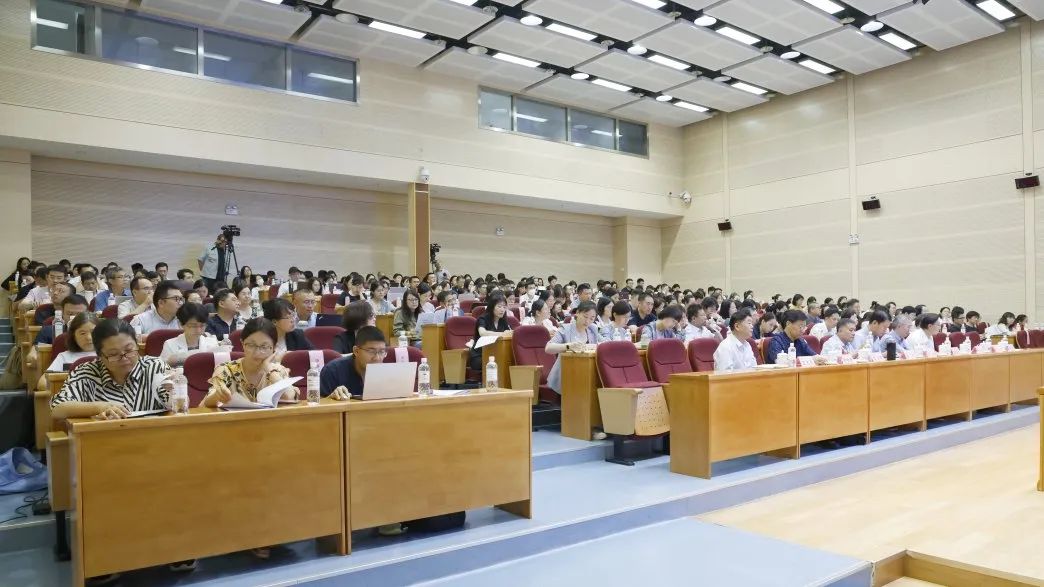
The opening ceremony of the plenary session was chaired by Professor Guo Guangsheng, Director of the BCU Academic Committee and member of the Academic Development Advisory Committee of the China Association of Higher Education. Attending the event were Tang Jiwei, former Senior Inspector of the Department of Degree Management and Graduate Education (Office of the State Council Academic Degrees Committee) of the Ministry of Education, and Liu Wei, Director of the Scientific Research and Graduate Education Division of the Beijing Municipal Education Commission. Leaders from peer institutions—including Beijing Institute of Petrochemical Technology, North China University of Technology, and Beijing University of Civil Engineering and Architecture—joined university leaders, heads of functional departments, mid-level administrators, and academic faculty members from Beijing City University, totaling over 200 participants.
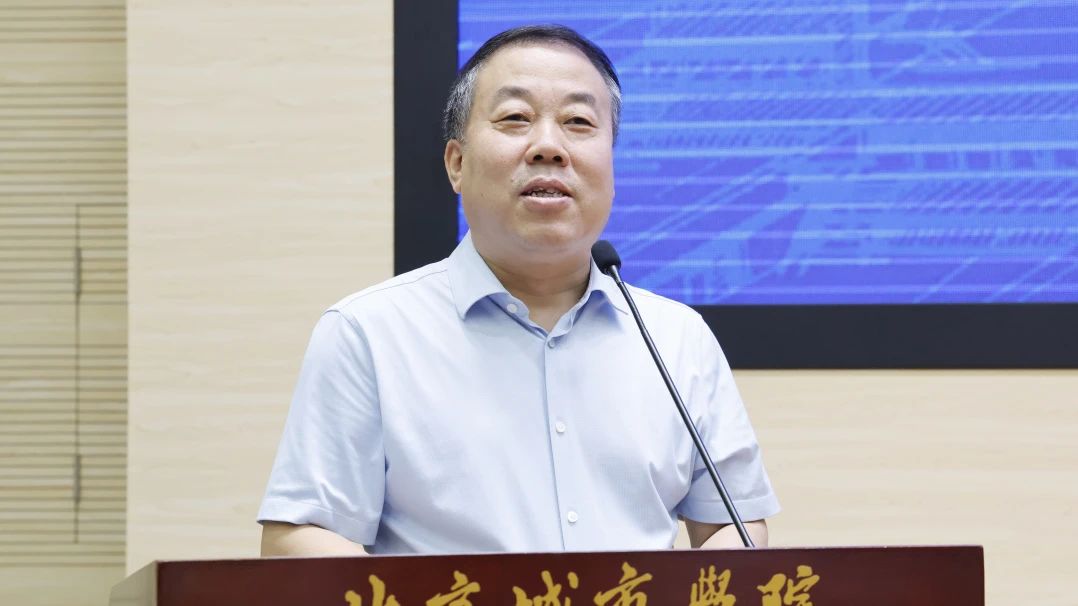
In his opening address, President Liu Lin warmly welcomed the distinguished guests and shared his vision for disciplinary development, focusing on three key areas: identifying strategic needs to strengthen application-oriented leadership; cultivating core competencies to advance interdisciplinary integration; and driving management reform to realize innovation-driven development. He emphasized expanding disciplinary boundaries through integration, unleashing faculty innovation and student potential through institutional transformation, and advancing discipline development with greater depth and distinctive characteristics. President Liu expressed his hope that the forum would not only serve as a platform for intellectual exchange but also mark a new milestone in the university’s journey toward high-quality development.
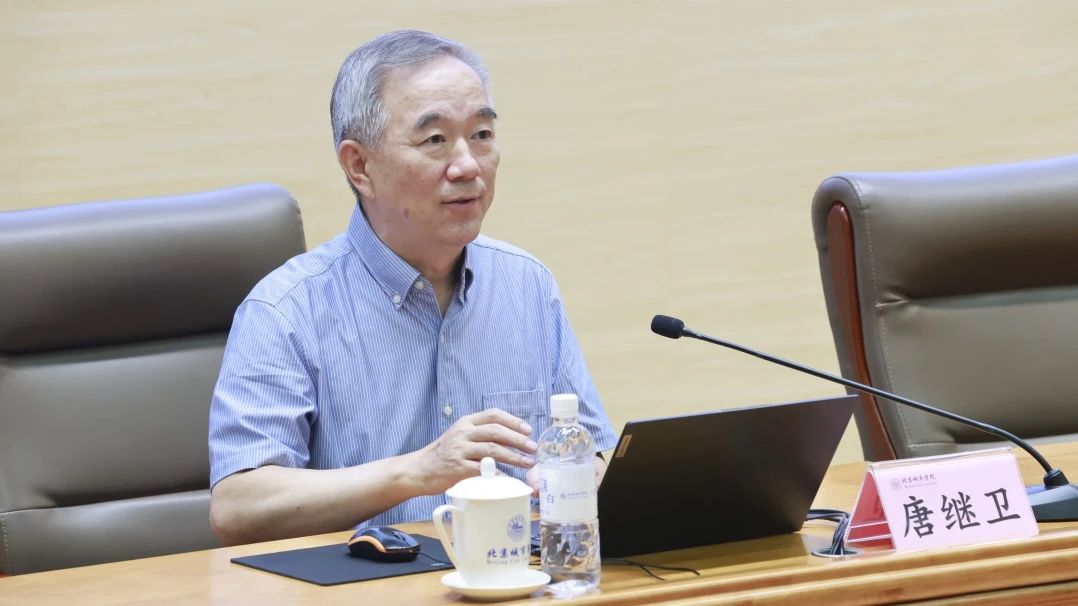
In his keynote speech titled "Reflections on Discipline Development in Application-Oriented Universities," Tang Jiwei provided a systematic analysis of the opportunities and challenges facing application-oriented institutions from a national strategic perspective, drawing on over 30 years of experience in graduate education management. He stressed that application-oriented universities should align closely with societal needs, clarify their strategic positioning, and adhere to guiding principles of integration, competency, and innovation. By deepening interdisciplinary collaboration, the universities should focus on cultivating high-level applied talents and chart a distinctive, China-specific path for disciplinary advancement.
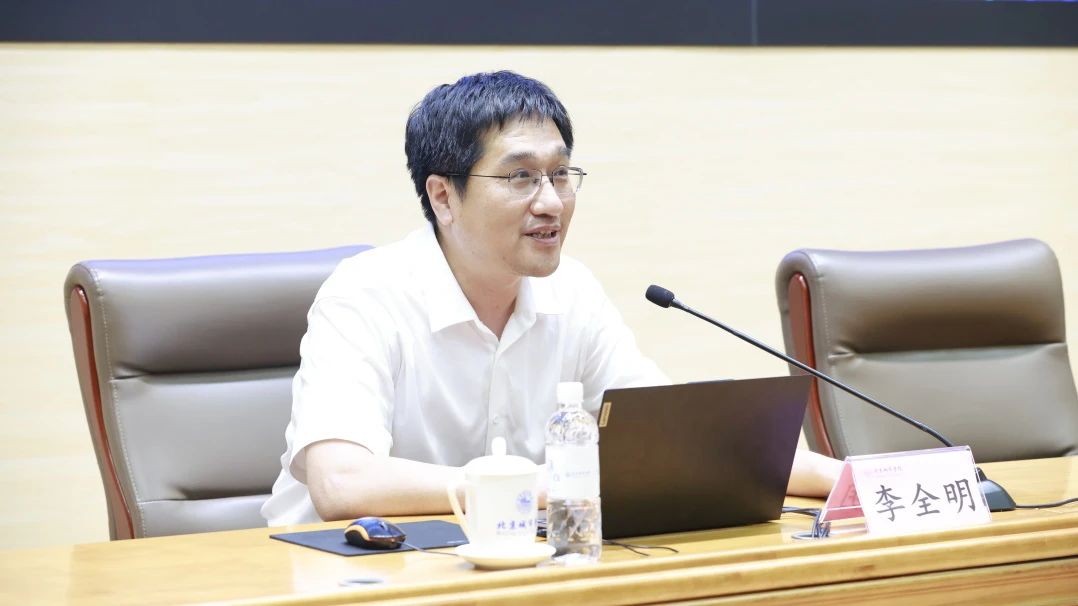
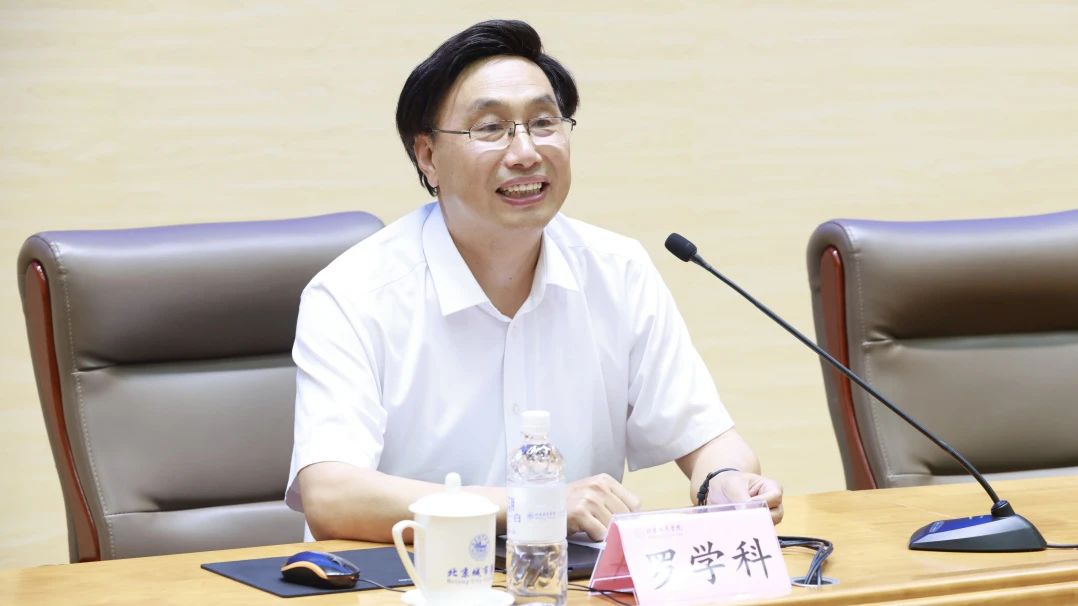
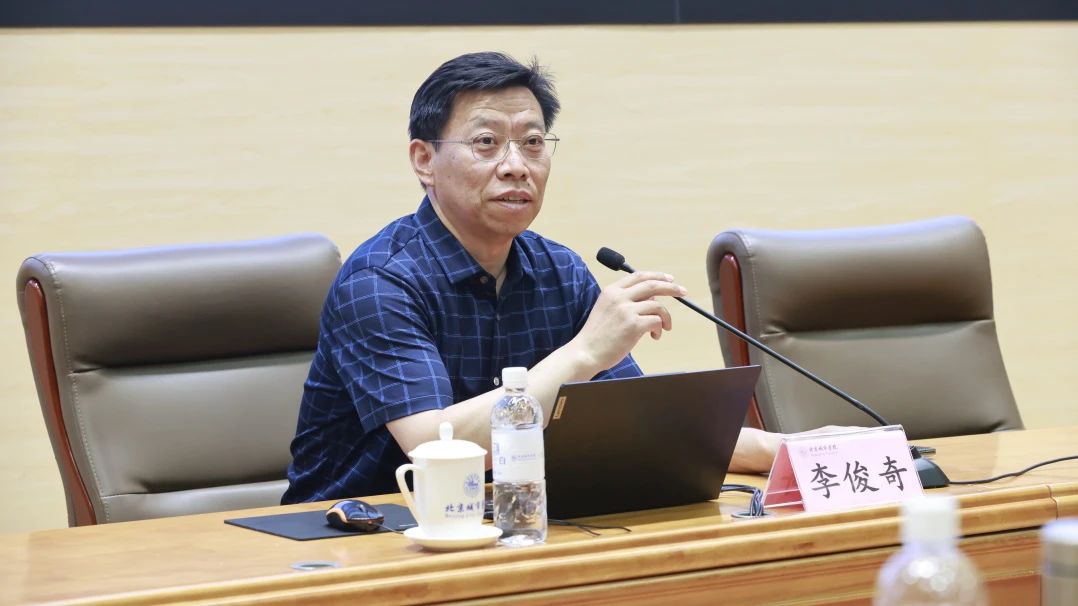
During the university presidents’ panel, leaders from three universities shared insights and strategies for development. Luo Xueke, President of Beijing Institute of Petrochemical Technology; Li Quanming, Vice President of North China University of Technology; and Li Junqi, Vice President of Beijing University of Civil Engineering and Architecture delivered keynote presentations focusing on topics such as "Discipline Development and Graduate Education in Application-Oriented Universities," "Serving Beijing’s Regional Economic and Social Development to Build a High-Level Local University," and "Meeting Industry Needs through Innovation to Promote Connotative Discipline Development." Their experiences and forward-looking perspectives offered fresh inspiration and momentum for reform and disciplinary advancement in application-oriented higher education. The panel was moderated by Vice President Hu Liqin of Beijing City University.
In the afternoon, five parallel sub-forums were held simultaneously, bringing together 25 experts and scholars from 20 institutions for in-depth discussions on interdisciplinary research, high-end think tank development, graduate education, the growth of young academic talents, and the paradigm evolution of virtual production and its integration into academic disciplines.
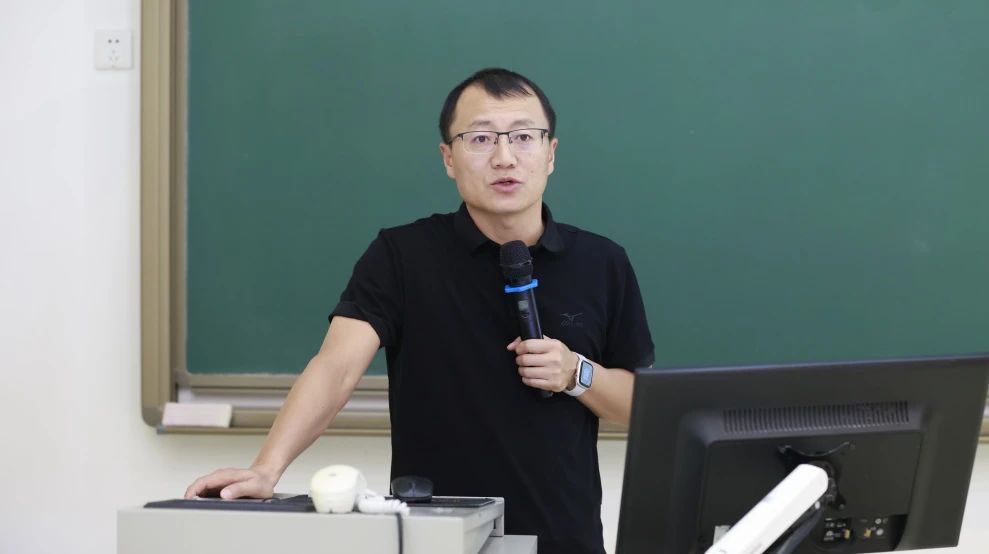
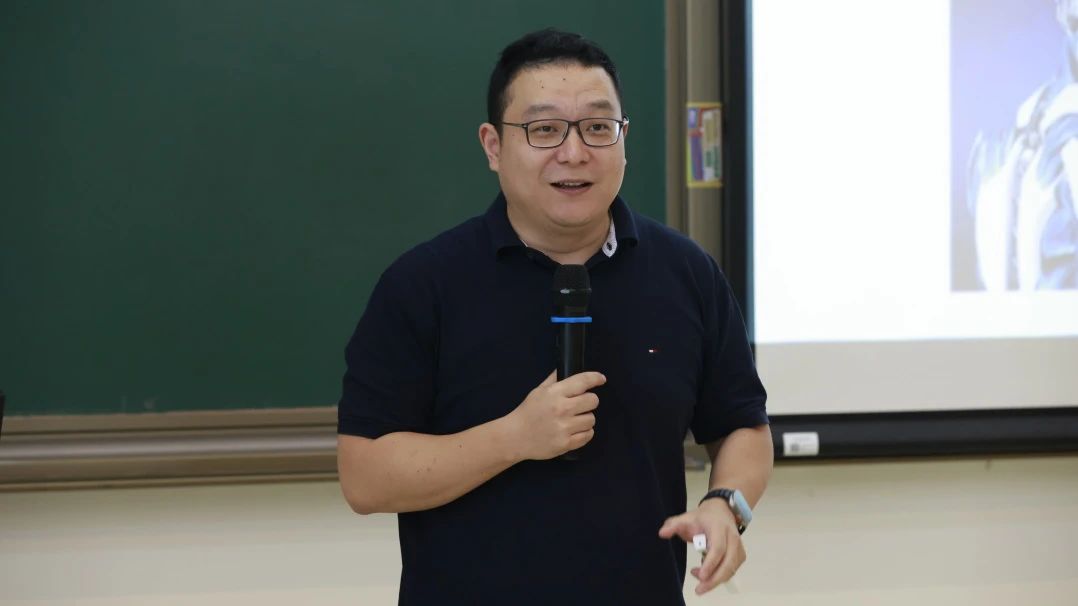
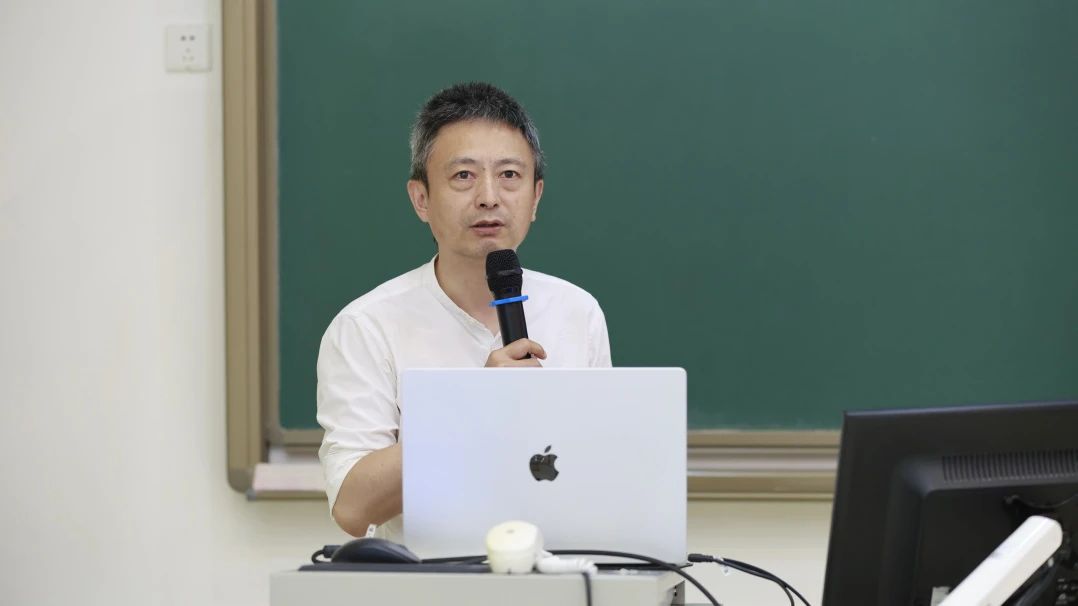
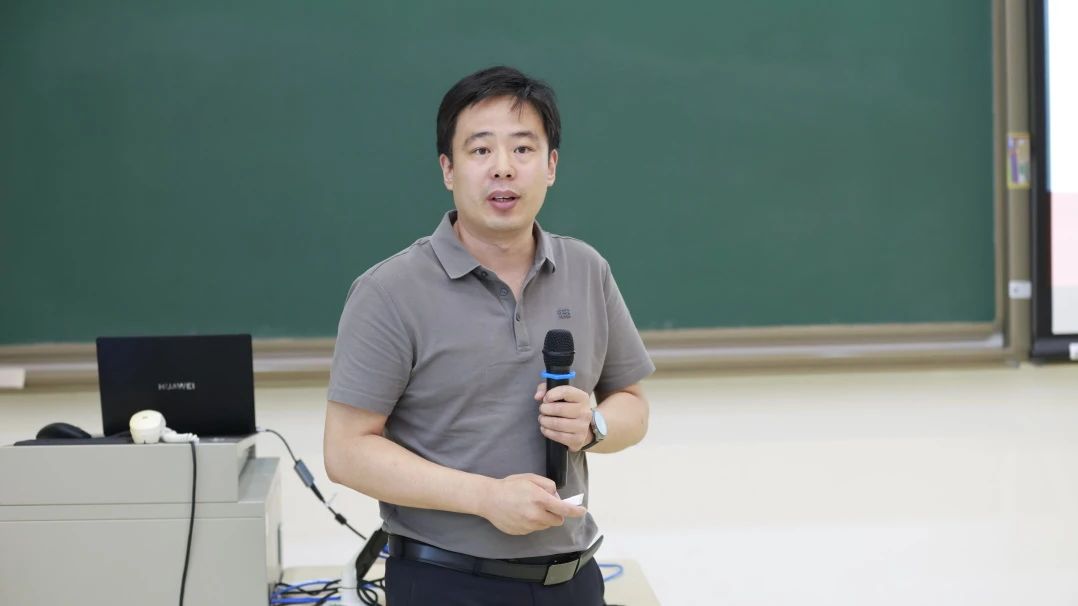
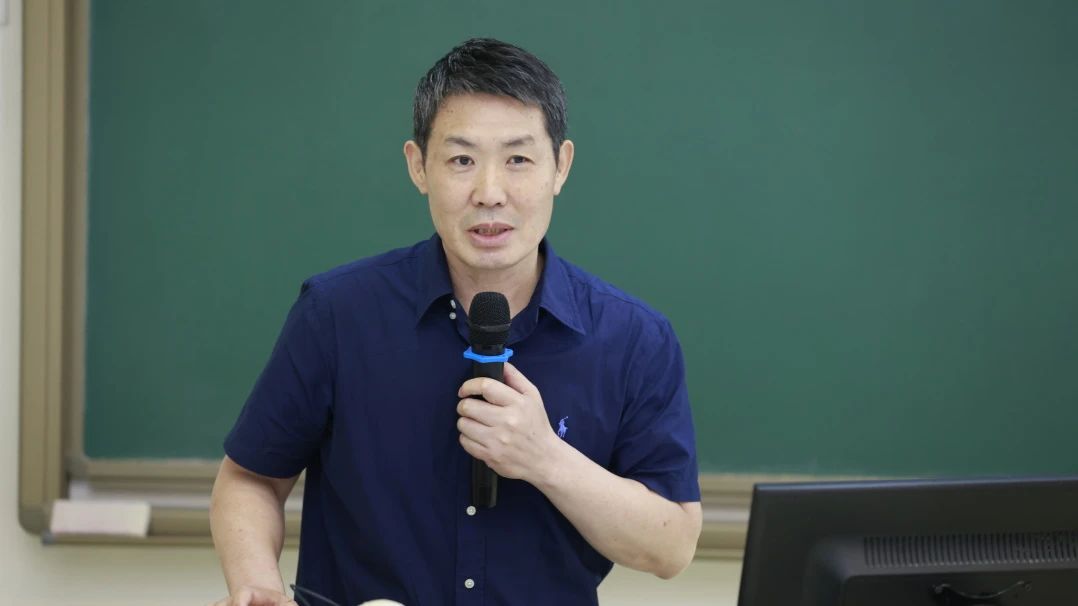
The sub-forum on interdisciplinary research was chaired by Professor Wang Zhiliang, the BCU information discipline leader and President of the Beijing Society of IoT. Experts from Tsinghua University, Central University of Finance and Economics, China Central Academy of Fine Arts, Beijing Institute of Technology, and University of Chinese Academy of Social Sciences delivered compelling presentations on the interdisciplinary applications of artificial intelligence in urban development, accounting transformation, new media art, and higher education, highlighting the innovative potential and boundary-pushing power of cross-disciplinary collaboration.
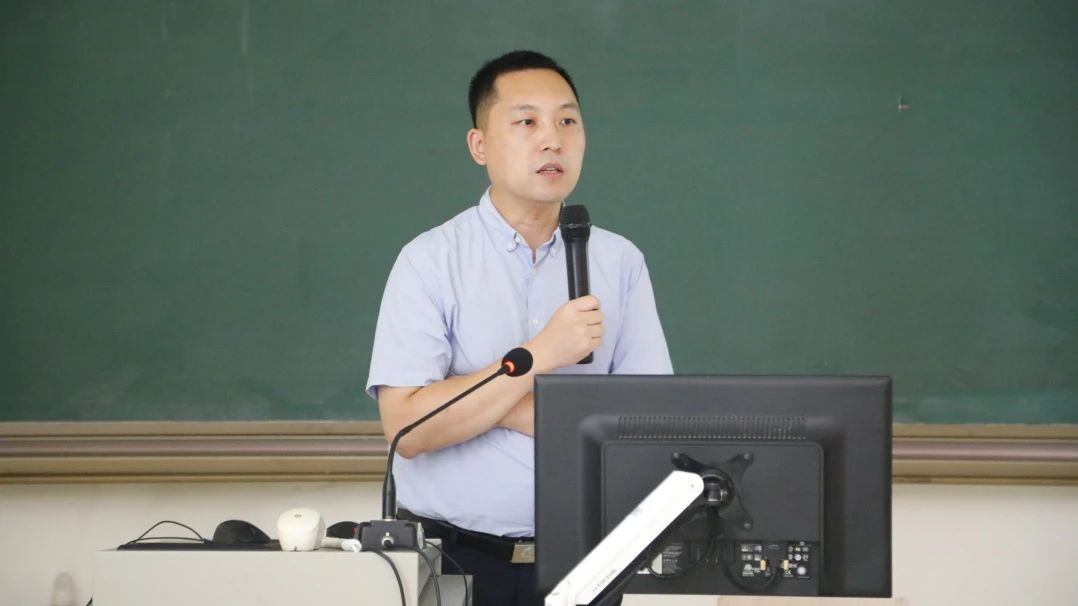
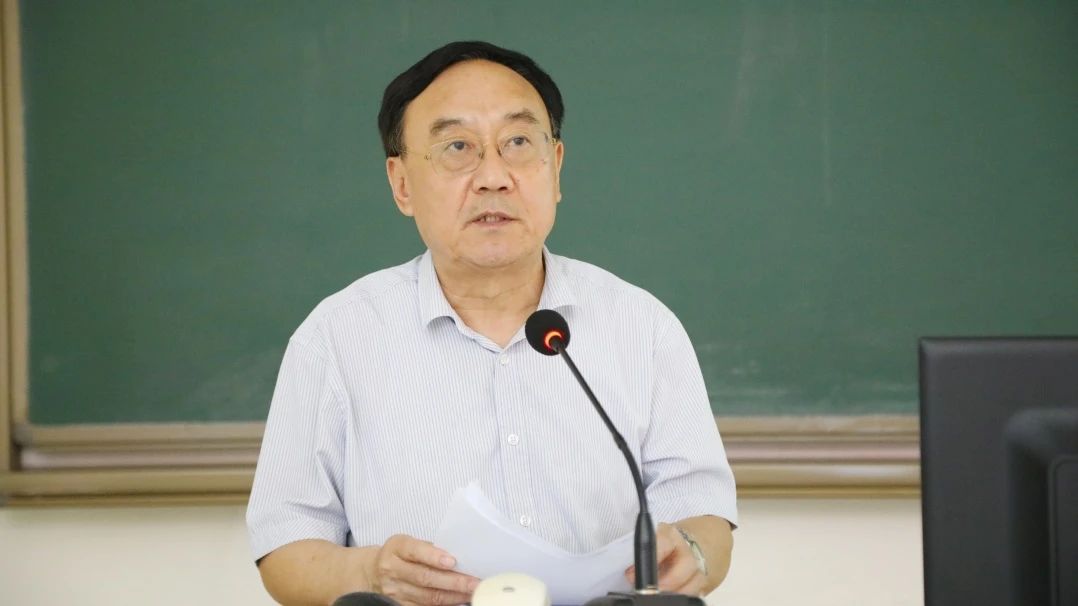
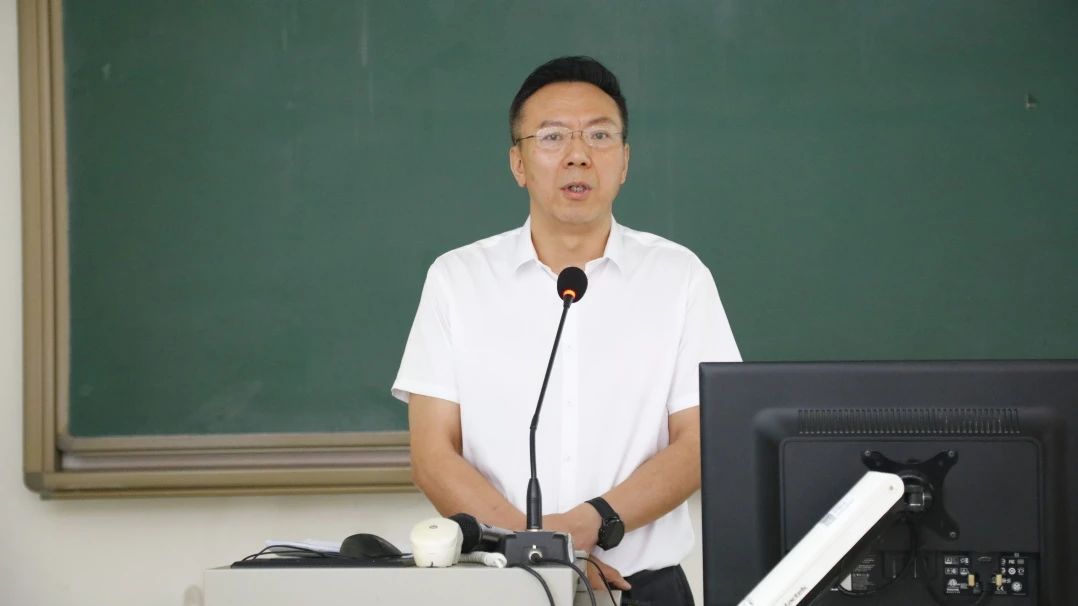
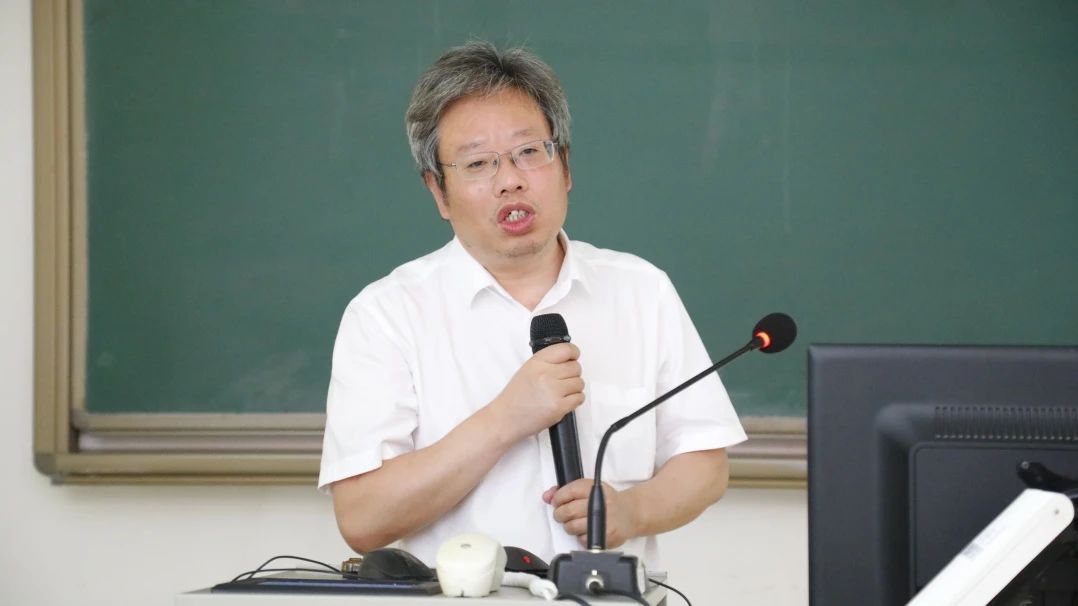
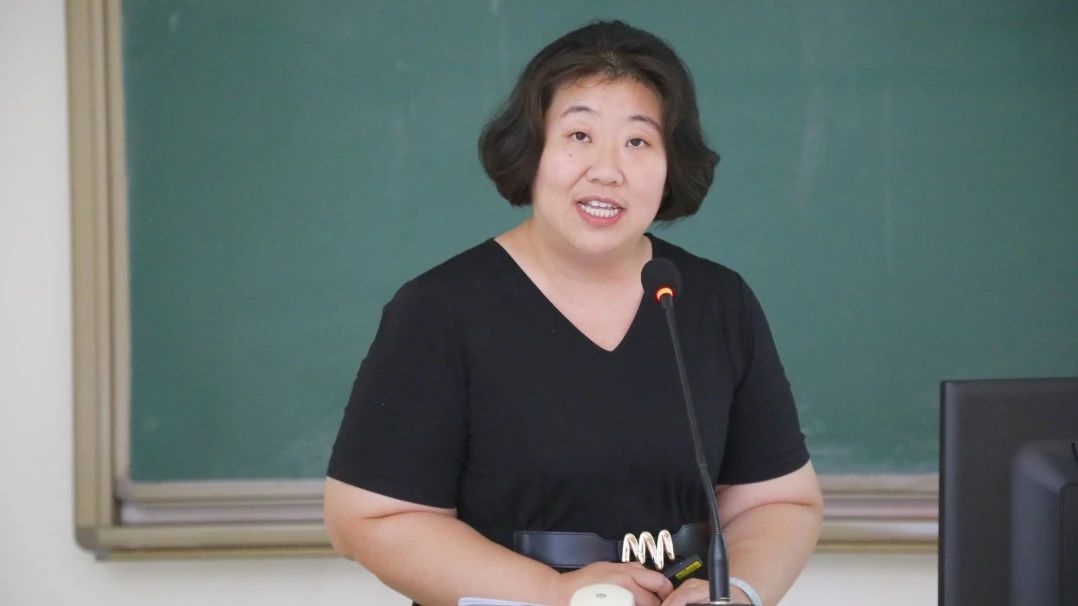
The high-end think tank development sub-forum was moderated by Chen Hong, Director of the Office of Scientific Research and Social Services of BCU. Experts from the People's Public Security University of China, Capital University of Economics and Business, Beijing Academy of Science and Technology, the Institute of Social Work Development in the New Era at Beijing City University, and the Research Base for Capital Urban Environmental Construction presented insights on topics including capital security, urban governance, and think tank organizational development. They called for strengthening the construction of new-type university think tanks to support the modernization of national and local governance systems.
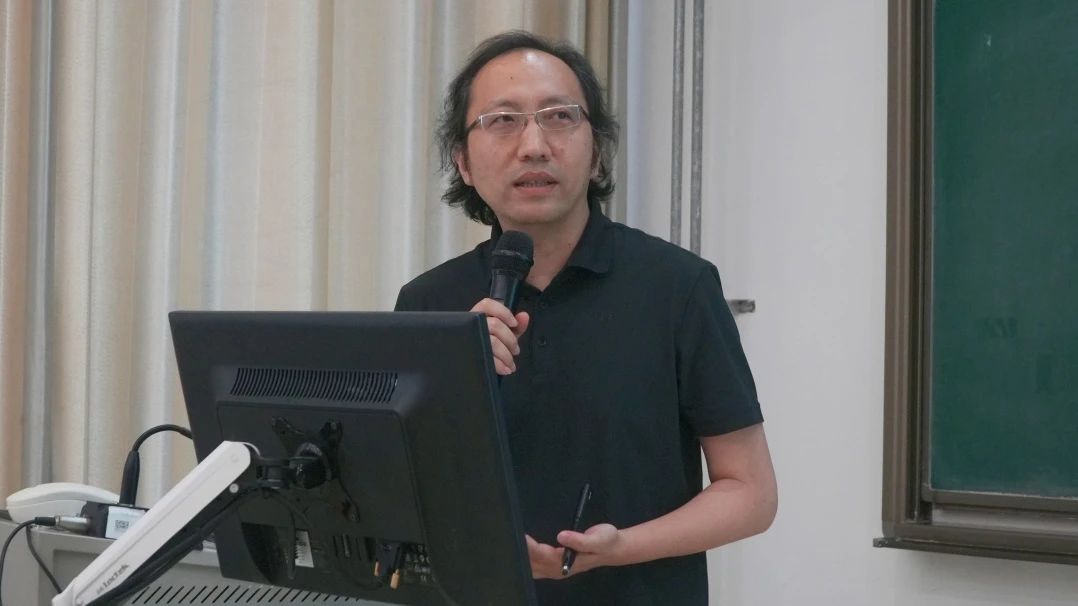
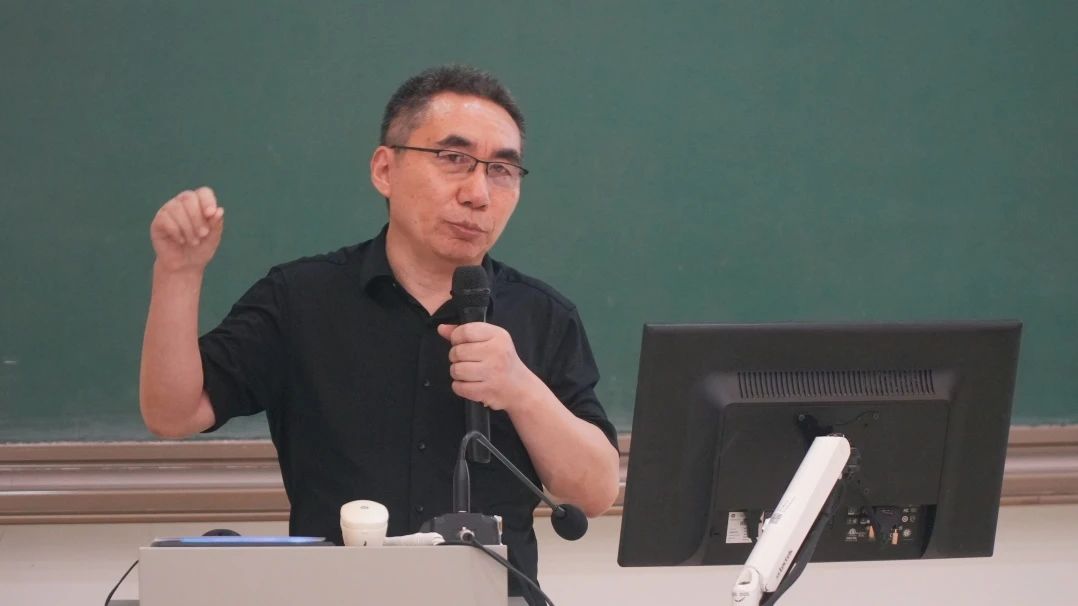
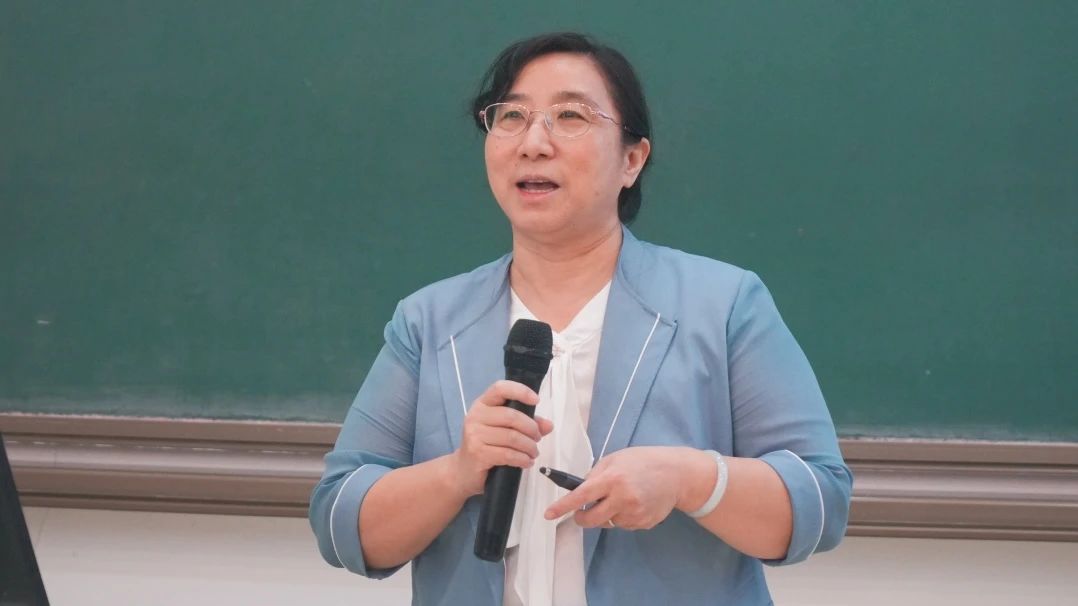
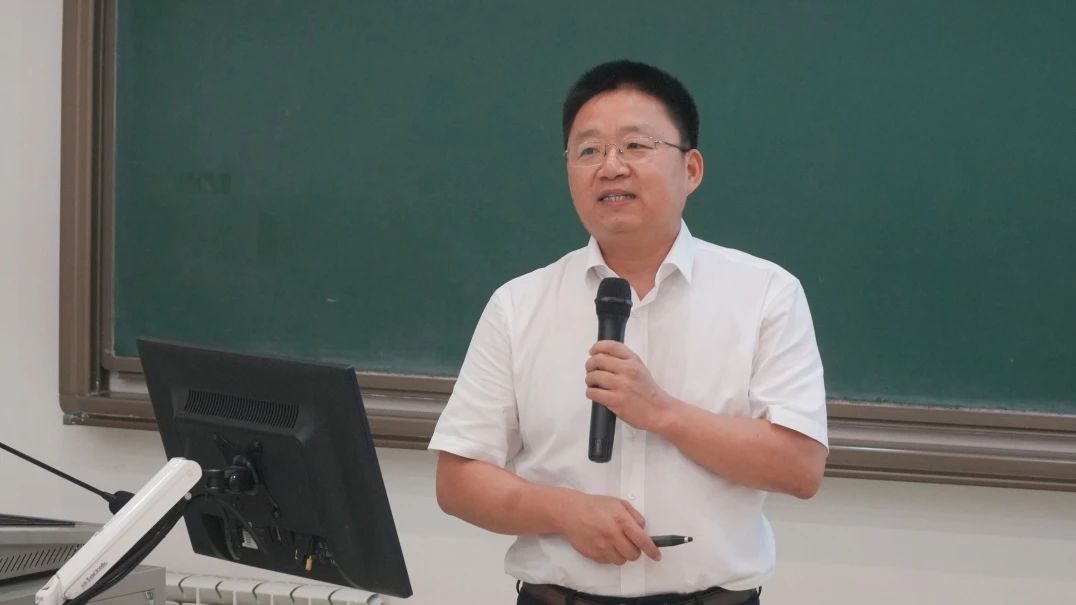
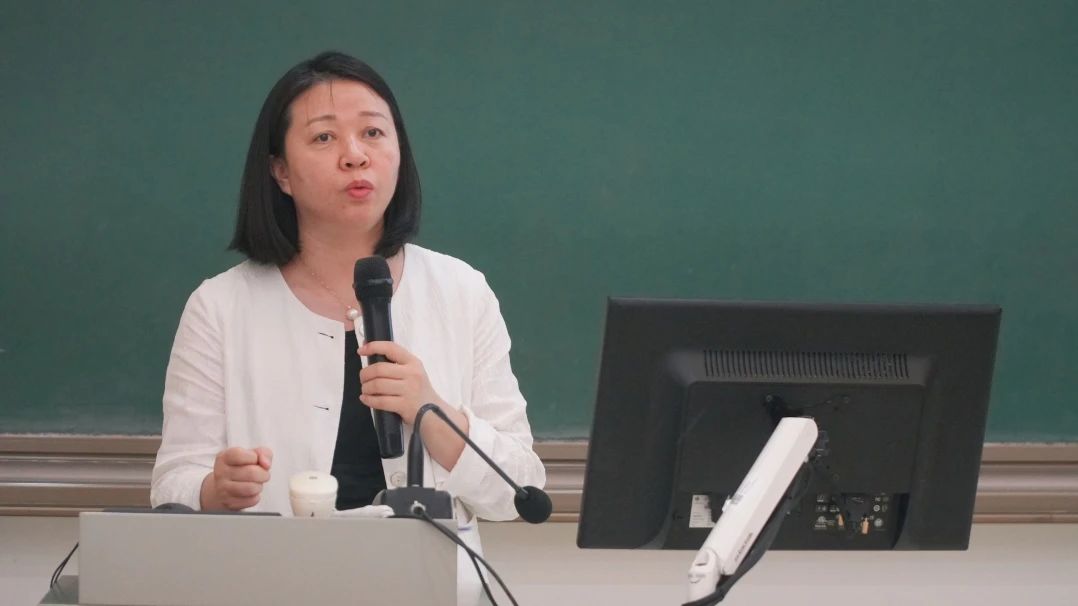
Focusing on innovative pathways in professional graduate education, five experts from Beihang University, Beijing Film Academy, Beijing Forestry University, Beijing Institute of Petrochemical Technology, and Beijing City University discussed strategies for advancing high-quality graduate education under the national strategy of building an education powerhouse. They explored the restructuring of professional talent cultivation systems, industry-university collaboration, and integration between education and industry, aiming to develop more practice-oriented models for graduate education. The forum was chaired by Zhang Huiying, Director of the Graduate School of BCU.
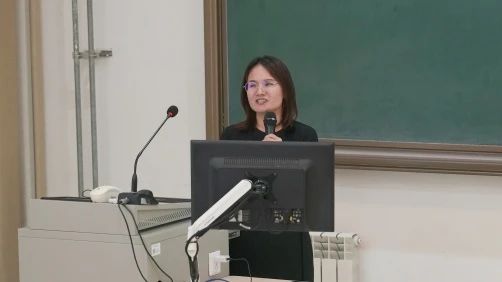
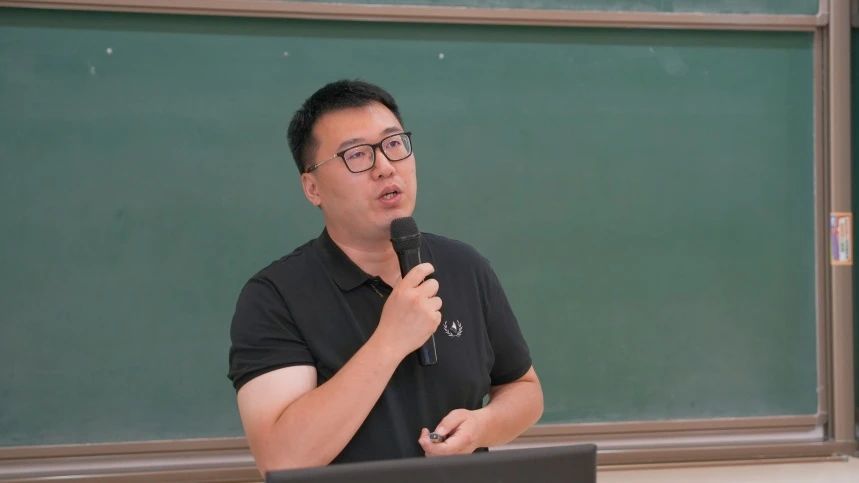
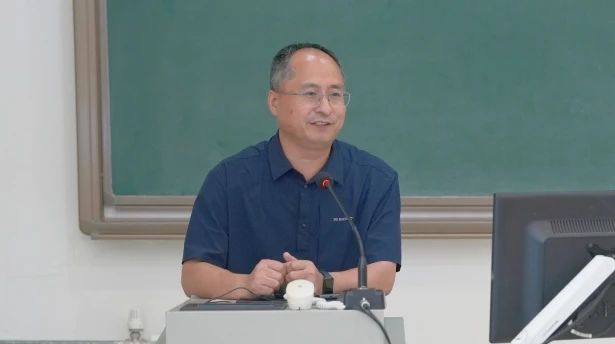
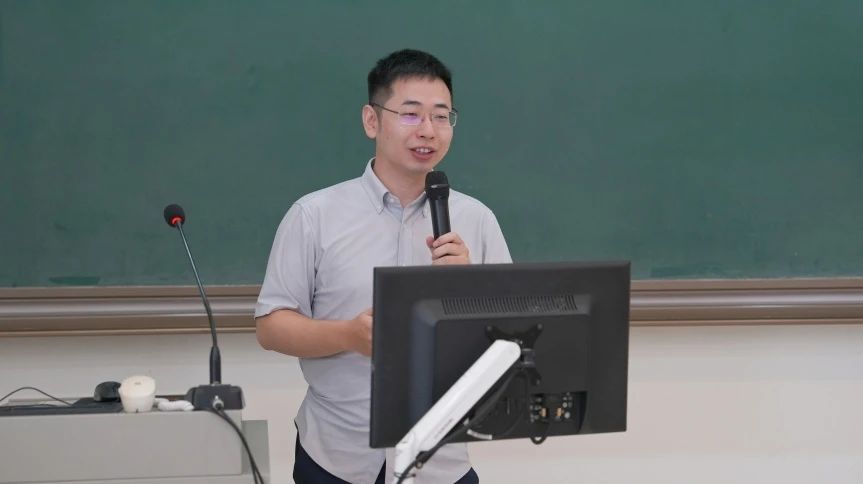
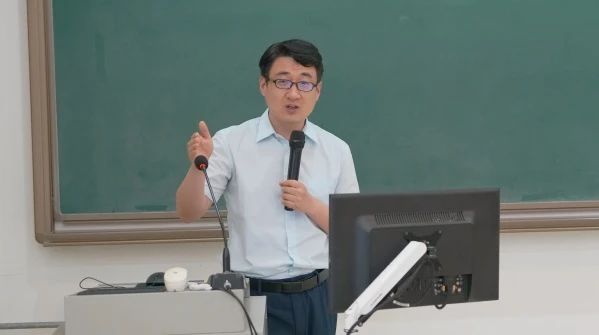
At the sub-forum on the development of young academic talents, five scholars from Renmin University of China, Beijing University of Chemical Technology, Beijing University of Civil Engineering and Architecture, Beijing City University, and China Agricultural University shared personal experiences and mentoring practices. The session was moderated by Tan Ting, Director of the Human Resources Department of BCU.
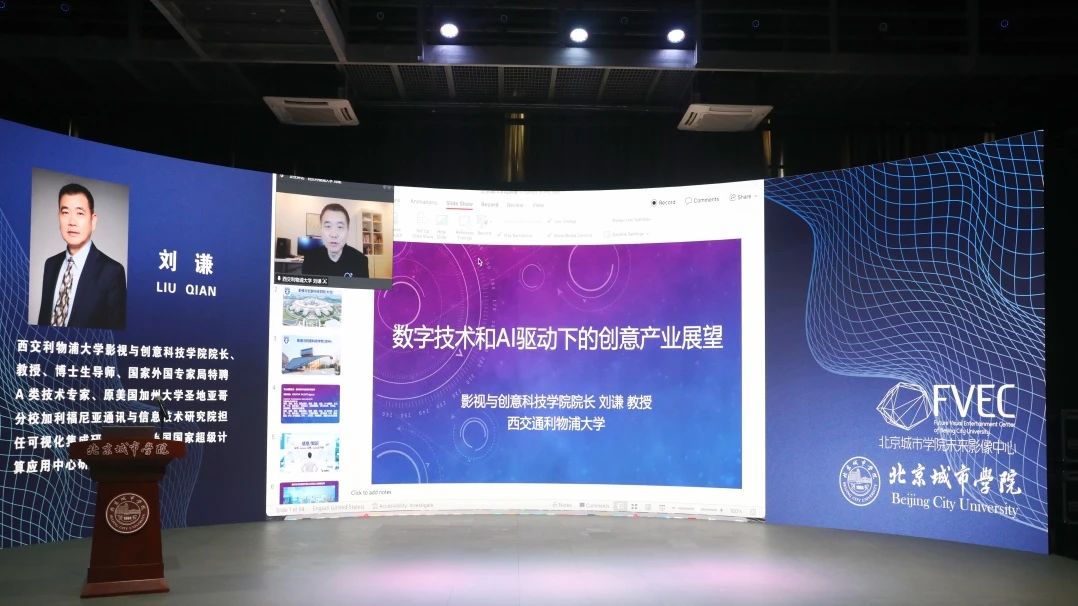
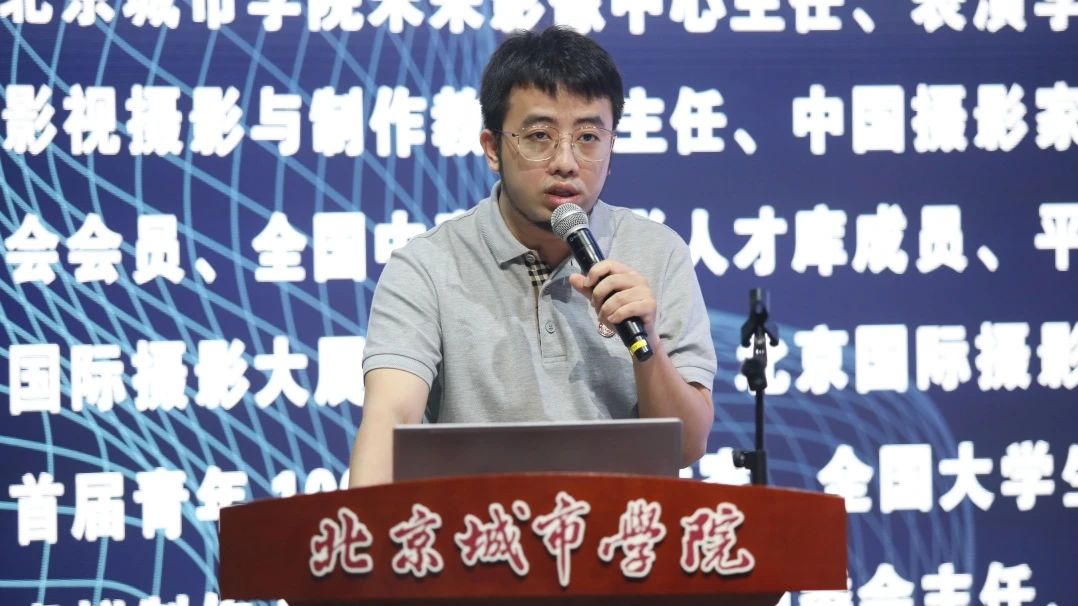
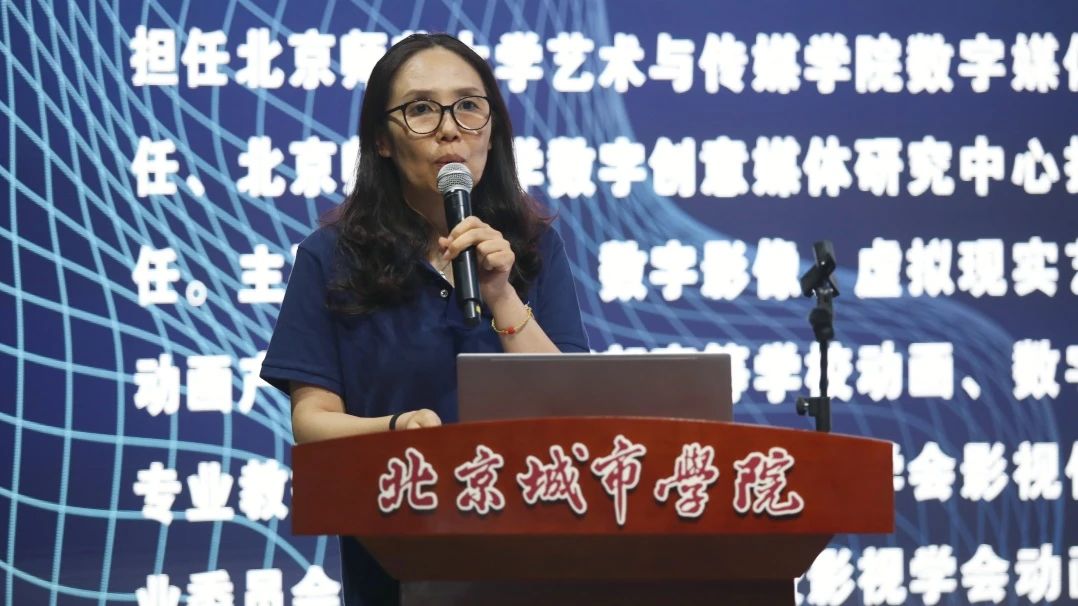
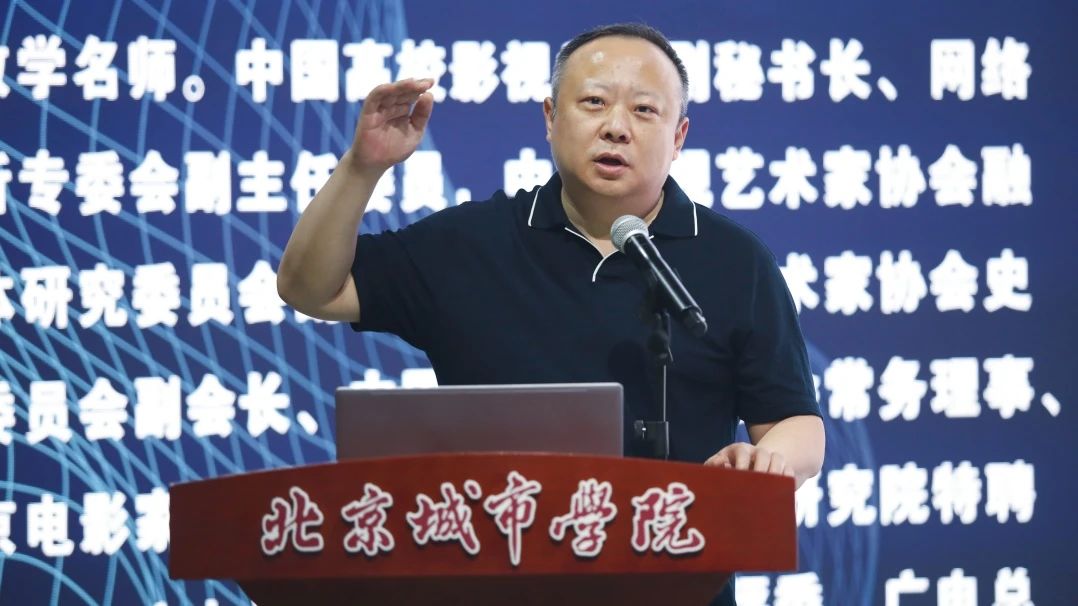
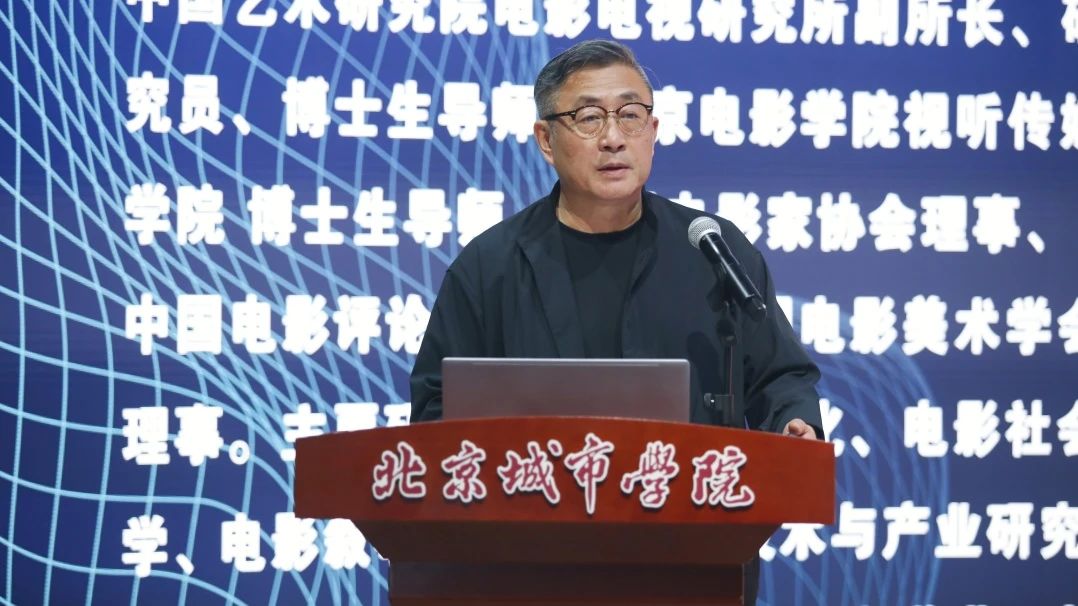
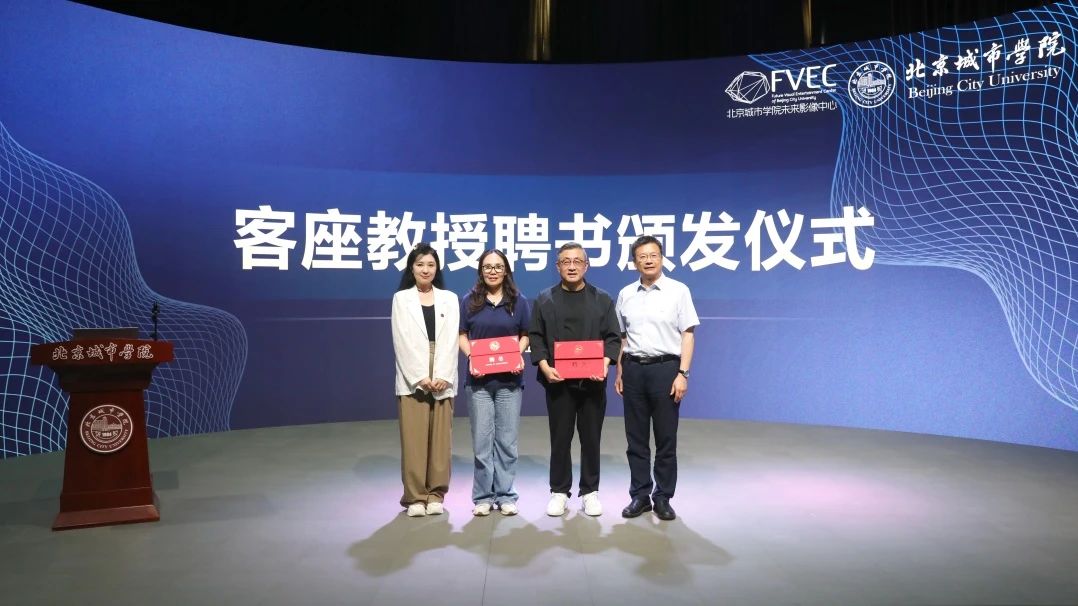
The sub-forum on the paradigm evolution of virtual production and disciplinary integration was co-chaired by Yu Jie, Director of the Academic Affairs Department of BCU, and Cao Siqi, Head of Film and Television Production Department in the School of Performing Arts of BCU. Experts from Xi’an Jiaotong-Liverpool University, the Chinese National Academy of Arts, Beijing Film Academy, Beijing Normal University, and Beijing City University examined the convergence of digital technologies and the creative industries, exploring deep integration among virtual imagery, digital media, and education.
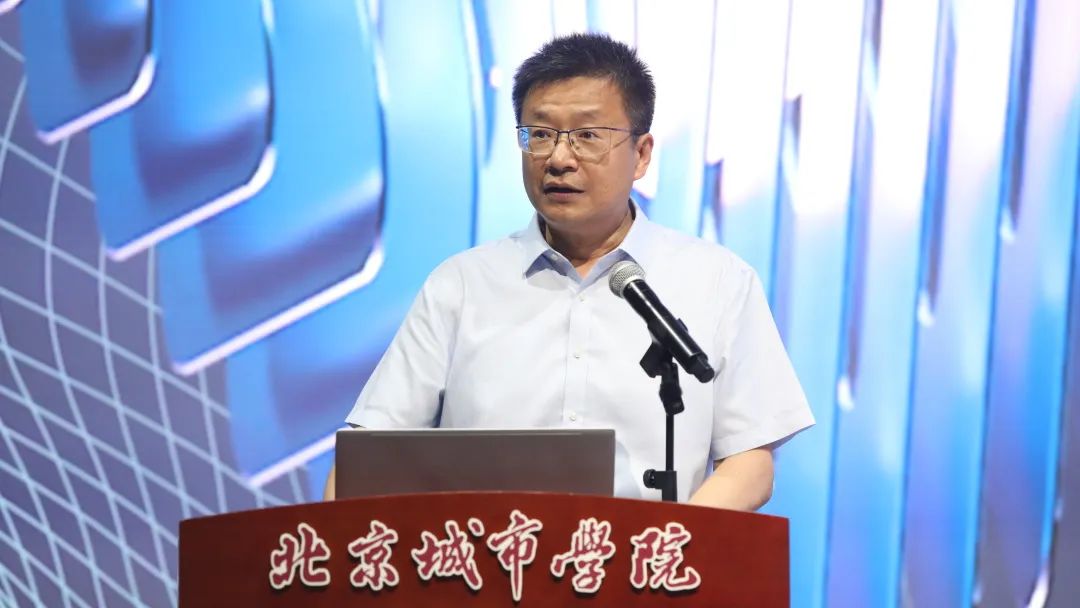
Concurrently with the sub-forum, the signing ceremony for the "Future Audiovisual Production Industry-Education Collaboration Community" and the appointment ceremony for industry mentors was held. The event was presided over by Professor Lian Yuchun, Vice President of BCU. In the presence of attending leaders and experts, BCU officially signed cooperation agreements with several enterprises, including Shenzhen Absen Optoelectronic Co., Ltd., Beijing Yuance Vision Technology Co., Ltd., Beijing 1.4GHz Technology & Culture Development Co., Ltd., and Xi'an NovaStar Technology Co., Ltd., jointly establishing a talent development mechanism based on "collaborative efforts between universities and enterprises, integrating industry and education" Six frontline experts from these enterprises were appointed as industry mentors for Beijing City University. They will participate in curriculum co-development, project incubation, and professional guidance, providing students with practical pathways and career development opportunities aligned with the forefront of industry demands.

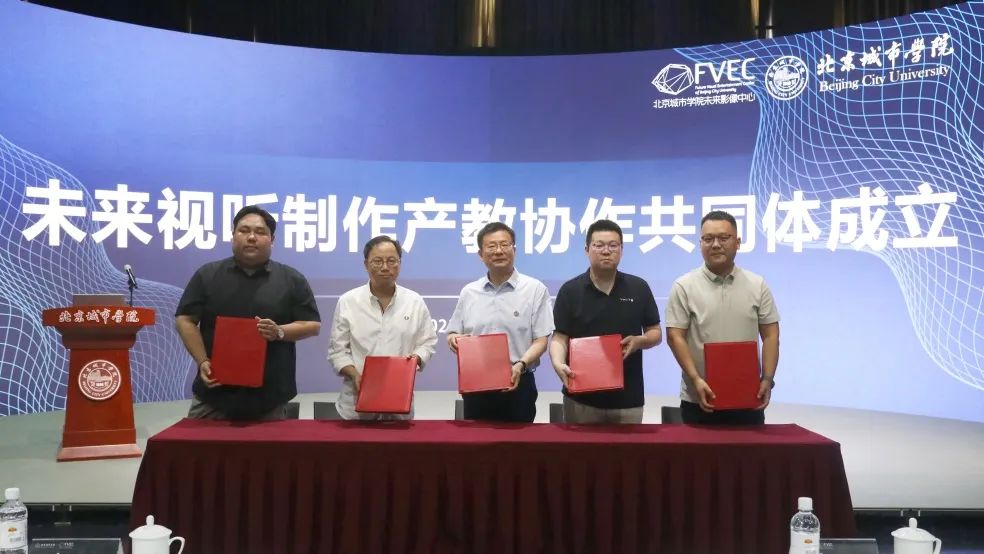
This forum not only infused cutting-edge perspectives and practical wisdom into the discipline development of application-oriented universities but also advanced the implementation of such concepts within Beijing’s higher education ecosystem. Going forward, Beijing City University will remain committed to its mission of building a "capital-centered, application-oriented university," rooted in the city and serving society. The university will continue to explore and construct a high-quality education system centered on applied disciplines, driven by interdisciplinary integration and innovation.
